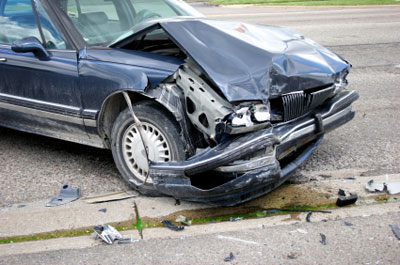On Thursday, a New York State appeal court dismissed a constitutional challenge to the state's vehicular manslaughter law. That by itself is uninteresting. But what is interesting in the judgment was that the bench ordered a retrial of the convicted driver finding that the judge who presided over the trial had misinterpreted the law.

The appeals court held that Hayden, the trial judge, “did not determine whether (Stickler), in fact, operated the vehicle in a manner that caused the victim's death and did so as a result of unlawful intoxication.” Justice Thomas Mercure wrote that the statute requires prosecutors to first prove that it was the defendant's driving that caused a victim's death before instructing the jury to presume that the accident was caused due to intoxication.
The appeals court also observed that the 2005 amendment made to the vehicular manslaughter statute that allowed the prosecutors to make a rebuttable presumption subject to discretion of the judge was “intended to strengthen the deterrent effect … by eliminating the heavy prosecutorial burden” of showing that it was intoxication that led to an accident. However, the elimination of the prosecutorial burden was balanced by the requirement of properly administered judicial discretion – the absence of which made the prosecutorial presumption invalid.
The case is People v. Steven Stickler, New York State Supreme Court, Appellate Division, Third Department, No. 104734.

